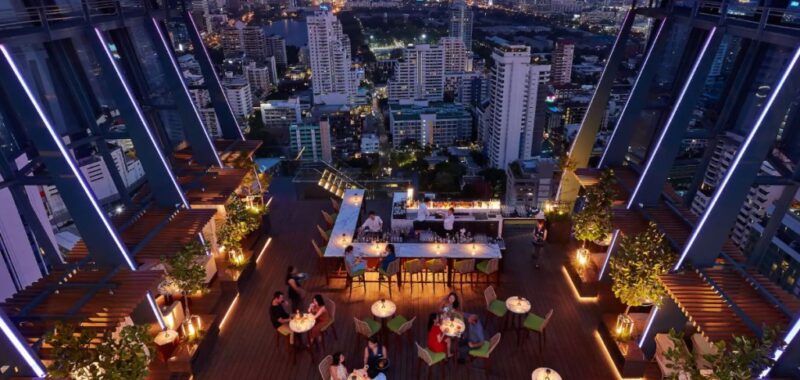Thailandâs hotel investment market is returning to normal after last yearâs post-pandemic surge. Hotel brokerage JLL projects that total deal volume will reach 13 billion Thai baht ($385 million) in 2025 â about 40% below 2024âs record from a one-time rush of delayed deals.
A JLL report issued Thursday said investors are now focused on fewer but larger acquisitions.
The average deal size is expected to reach THB1.8 billion ($53.2 million) in 2025. That would be 80% higher than the THB1 billion ($29.5 million) 10-year average.
JLL believes that single-asset transactions will likely remain the norm, following notable deals like the 273-room Hyatt Regency Bangkok Sukhumvit, which in 2024 became Thailand’s largest-ever single hotel transaction.
Key Drivers of Hotel Investing
There are growing concerns that Thailandâs tourism recovery may be losing steam. Earlier this month, the Tourism Authority of Thailand signaled it may lower its 2025 forecast for international arrivals to 35 million, still short of the 2019 peak of roughly 40 million.
Yet when it comes to hotel investing, Thailand remains a relatively strong market. JLL remains optimistic that Thailand will benefit from pent-up demand from group travelers and mass tourism, especially from markets like Australia.
It points to several other key drivers:
Interest rates holding steady or dropping should help with deal flow. Thailand’s anticipated lower interest rates in 2025, combined with continued positive sentiment in the tourism sector, should support further investment, albeit in a more focused and strategic manner than the investment boom of 2024, JLL believes.
“In an inflationary and high-interest rate environment, Thailand has stood out as one of the few Asian countries offering a positive yield spread over borrowing costs,” the report notes.
Luxury demand drives investment growth. For 2025, upper-tier hotels are expected to see stabilized occupancy rates with gradual growth in average daily rates.
Economy to mid-tier hotels may see both rising average daily rate and occupancy levels, potentially narrowing the performance gap with upscale properties, if inbound tourism recovers as hoped.
Geographical diversification expected. While the capital city, along with Phuket and Samui, will remain prime investment destinations, the report anticipates interest spreading to other markets within Thailand this year. The Thai government has signaled interest in supporting the development of potential new tourism hotspots, similar to how Mexico invented Cancun as a resort city.
That said, Bangkok will continue to dominate the landscape, accounting for nearly 60% of national transaction volume this year.
Financing Landscape Evolves
Greater access to capital. More Thai hotel deals involve leasing because of increased access to non-traditional forms of lending. A notable shift in 2024 was investors’ increased willingness to consider leasehold properties, moving away from the pre-pandemic focus almost exclusively on freehold opportunities, partly thanks to the new types of financing available from next-gen firms.
Non-bank financial institutions, including leasing companies and specialized lenders, are gaining market share by providing more flexible financing solutions for smaller or unique projects, albeit at higher interest rates, JLL said.
Sustainable financing options continue to become more common. Major Thai banks and international lenders now offer so-called green loans specifically for financing environmentally friendly hotel projects, as well as sustainability-linked loans with interest rates tied to predetermined sustainability performance targets. JLL believes the new financing could help attract new players to the market.

The travel industry’s top event comes to Bangkok.
May 14-15, 2025 – BANGKOK

